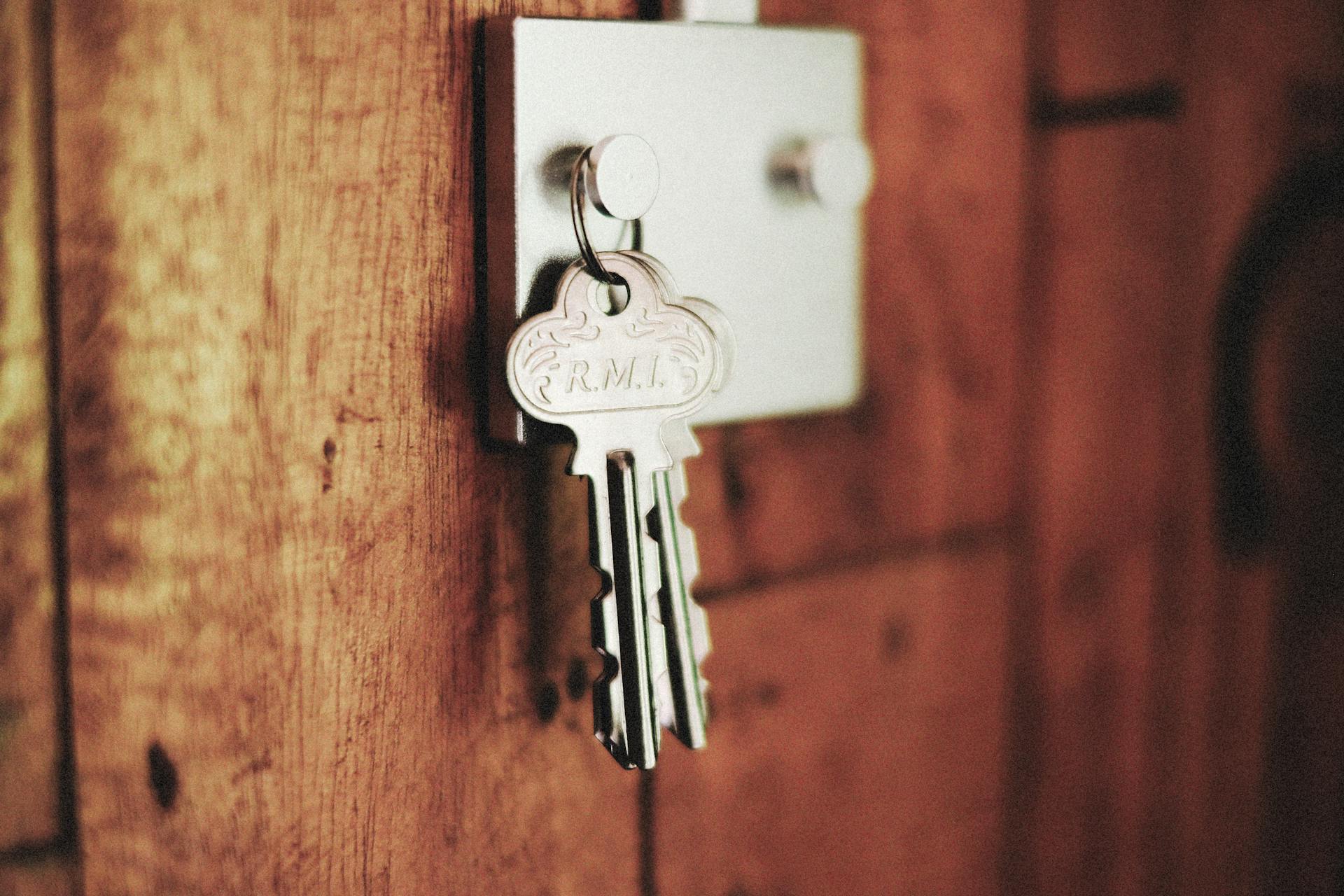

Question: Can a Tenant Change the Locks in Ontario?
Answer: No, tenants in Ontario cannot change the locks without the landlord’s written consent. This is because the landlord has the right to access the property for repairs and inspections.
Tenant Rights and Responsibilities Regarding Locks in Ontario
As a tenant in Ontario, you have the right to occupy your rental unit peacefully and securely. This includes the right to change the locks, but with some important considerations. This article will delve into the legal framework governing lock changes, providing tenants with a clear understanding of their rights and responsibilities.
Understanding the Landlord and Tenant Board’s Rules
The Landlord and Tenant Board (LTB) is responsible for resolving disputes between landlords and tenants in Ontario. The LTB’s rules specifically address the changing of locks, outlining the circumstances under which tenants can legally change them.
When You Can Change the Locks
There are specific instances when tenants are permitted to change locks without facing legal repercussions. The LTB recognizes the following situations:
When a Landlord Fails to Provide Keys
If a landlord fails to provide tenants with keys to the unit, tenants are permitted to change the locks to secure their belongings and the premises.When a Landlord Enters Illegally
In cases where a landlord enters the unit without a valid reason or proper notice, tenants have the right to change the locks to prevent unauthorized access.When a Landlord or Previous Tenant Holds a Key
If the landlord or a previous tenant possesses a key to the rental unit, and the tenant deems it necessary for safety reasons, they are permitted to change the locks. This is particularly crucial if the tenant has reason to believe that the landlord or previous tenant may use the key to gain unauthorized access.
It’s important to remember that tenants should always attempt to resolve any issues with their landlord amicably before resorting to changing the locks. Contacting the LTB for guidance before taking any action is also recommended.
Click here for more information on real estate agencies in Orangeville
Related Article: Do You Have to Give 60 days Notice At the End of a Lease in Ontario?
Related Article: What are the Rules for Month-To-Month Lease in Ontario?
Consequences of Unauthorized Lock Changes
Changing locks without proper justification or notice can have serious consequences for tenants. Landlords may take legal action, potentially leading to eviction proceedings or financial penalties. If a landlord is unable to access the unit for legitimate purposes due to an unauthorized lock change, they may seek compensation for any losses incurred.
In addition to potential legal consequences, changing locks without notice can also damage the tenant-landlord relationship, making future communication and cooperation more difficult. This can lead to ongoing conflicts and delays in addressing necessary repairs or maintenance requests.
The Tenant’s Responsibility to Maintain Security
Tenants are responsible for maintaining the security of the rental unit. This includes ensuring that locks are functioning properly and securing the unit against unauthorized entry. While tenants are expected to take reasonable steps to safeguard the property, they are not obligated to perform extensive or costly repairs to the locks.
If a lock malfunctions or becomes damaged, it is the landlord’s responsibility to repair or replace it. When the tenant experiences a situation where the lock may be compromised, such as a key being lost or stolen, they should immediately notify their landlord and request assistance in securing the unit. If the damage is caused by the tenant’s negligence, such as a broken key due to improper use, they may be held liable for repair costs.
Conclusion
In Ontario, tenants have a limited right to change the locks, but it’s crucial to understand the legal framework and proceed with caution. The key principle is to prioritize communication and avoid unauthorized changes. By following the proper procedures and respecting the landlord’s rights, tenants can ensure their safety and security while maintaining a positive relationship with their landlord. If you have any doubts or concerns about changing locks in your rental unit, it is always advisable to seek legal advice from a qualified professional. [1]
References
1. https://www.propertyvista.com/blog/what-to-do-if-a-tenant-changed-locks-without-permission


